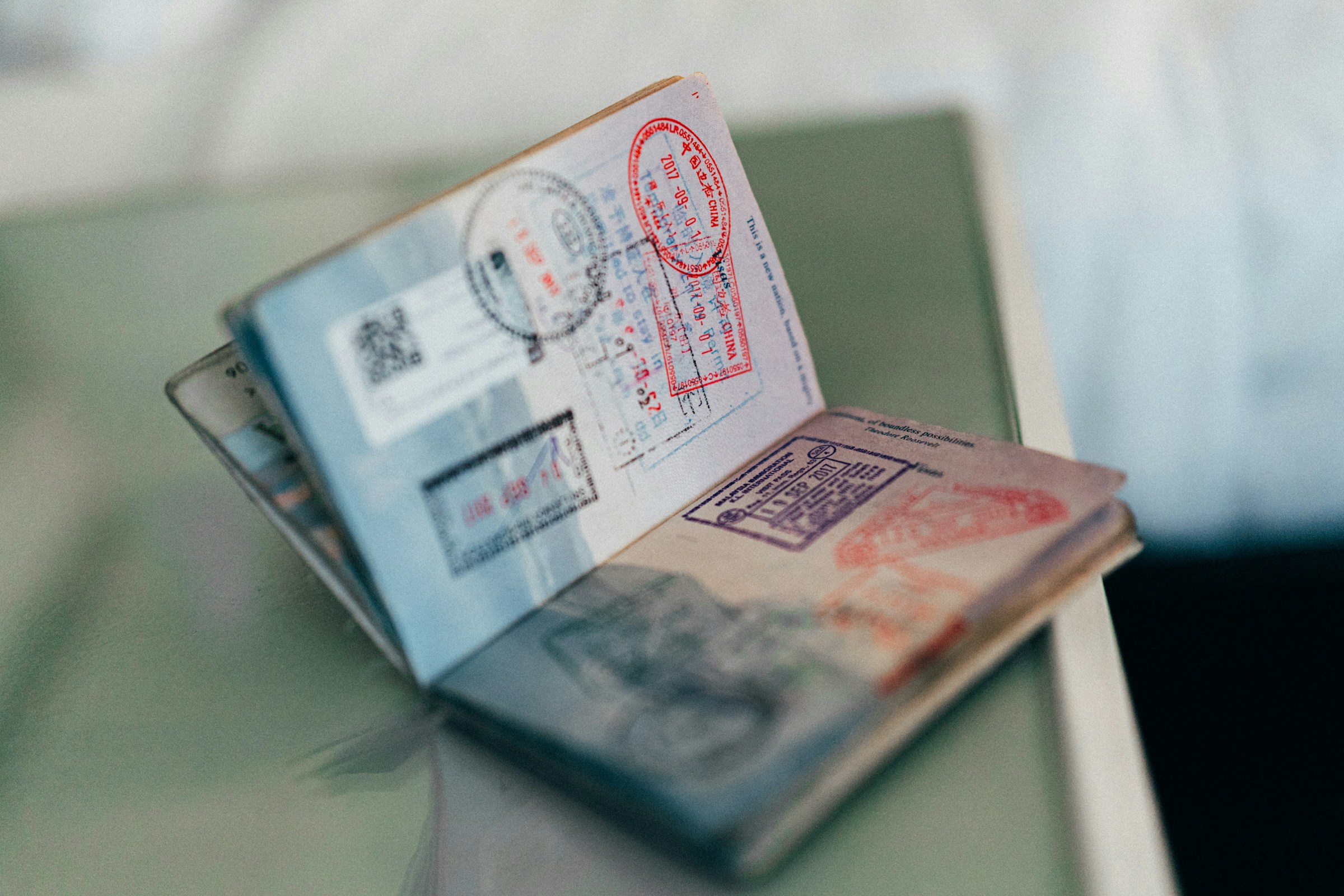While most coverage of the Henley Passport Index frames it as a bragging rights chart, Singapore’s continued hold on the top spot—even with a slight dip—points to something more systemically interesting. The passport ranking is less about tourism and more about how mobility, system design, and diplomatic leverage stack into global economic optionality.
Singaporeans can now travel visa-free or with visa-on-arrival to 193 out of 227 countries and territories. That’s two fewer than January’s 195, after Pakistan and Mauritania switched to e-visa systems. Still, Singapore remains number one. Why? Because no other country gained ground either—Japan and South Korea trail at 190 destinations, and EU peers hover at 189.
This isn’t a tourism flex. It’s a proxy for systems trust.
The common myth is that high passport rankings equal freedom. But the mechanics behind those numbers—visa-on-arrival, e-visa, mutual agreements—reveal a more nuanced reality. E-visas, for instance, don’t qualify under the Henley Index as “visa-free” even if they’re easy to obtain. But they do represent a small increase in digital bureaucracy—fewer surprises at the gate, but also less spontaneity.
Singapore’s decline by two destinations isn’t a diplomatic failure. It reflects a trend: countries like Pakistan are tightening digital control. Mauritania’s move to e-visas follows similar playbooks from nations streamlining entry data capture. It’s less about rejecting Singapore and more about recalibrating border throughput. That nuance is often lost in passport score headlines.
Singapore didn’t land atop this ranking by accident. Its passport is the product of structural trust, bilateral leverage, and a long-term play on reputational safety. Visa-free access is awarded based on a country’s perceived stability, governance, and risk profile. In that sense, passports are passports, but they’re also brand assets.
When a country loses access, it’s not just a data point. It’s a micro-signal about how other states are rebalancing trust, surveillance, and reciprocity. That Singapore lost two slots while the rest of the top five stagnated reinforces just how tight the margins are at this level of mobility. Maintaining rank in a shifting diplomatic climate is itself a feat of policy choreography.
And then there’s the soft power dividend. A top-ranking passport lowers friction for business travel, international education, and cross-border career mobility. That’s not just convenience—it’s competitive advantage baked into identity documentation.
Meanwhile, the United States and United Kingdom continue their slide. The UK, once No. 1 in 2015, now ranks sixth (186 destinations). The US, once a soft-power colossus in 2014, has dropped to 10th (182). It’s on the verge of falling out of the top 10 entirely—a symbolic drop with operational echoes.
This trend isn’t just about individual agreements. It’s about trust decay in the architecture of Western foreign policy. With increasing securitization at borders and tit-for-tat visa restrictions tied to geopolitical disputes, American and British passport holders are starting to see the collateral effects of their governments’ foreign postures.
Contrast that with Singapore’s hedged neutrality. By maintaining policy flexibility and avoiding deep entanglement in polarizing blocs, it secures mobility through consistency and reliability. In platform terms, Singapore is not the loudest player—but it’s the one with the least churn.
India’s leap from 85th to 77th, despite gaining only two new destinations, reflects how slight adjustments can drastically shift rankings at the lower tiers. Saudi Arabia’s jump, powered by four new agreements, is more substantive. These moves signal broader economic alignment: India pushing for greater tech exports, Saudi Arabia courting tourism and capital inflow.
But it also shows how sticky the top tier is. Going from 25 to 60 destinations is a function of outbound ambition. Cracking the 150+ club, though? That’s about long-term diplomatic yield and global risk profile realignment. Singapore’s position shows just how hard that leap is to sustain, let alone defend.
What the Henley Passport Index really measures is a system’s reputation as a safe, predictable node in the global network. Visa policies are lagging indicators of deeper geopolitical trust. Passport rankings don’t move fast—they lag behind policy decisions, visa violations, and risk recalibration by several months or years.
So when the US inches closer to dropping out of the top 10, it’s not a blip—it’s the echo of years of tightened border rhetoric and reciprocal erosion of trust. When Singapore stays steady despite churn at the margins, it suggests that its system design, public trust metrics, and foreign policy hedging remain strong enough to offset minor policy friction.
For founders, platform designers, and anyone in the system design game, there’s a lesson here: mobility is built on compounding trust. Whether you're optimizing for user onboarding or global market access, friction stacks—even digital friction like an e-visa. But so does optionality.
Singapore’s passport ranking is more than a feel-good headline. It’s the result of decades of platform stability, minimal reputational volatility, and diplomatic hedging. It’s a case study in building systems that travel well—even when the rules keep changing.
Passports don’t just move people. They reflect what the world believes about your system. And Singapore’s system still signals: “You’re safe with us.” That’s the real moat. It’s not just about clean branding or fast immigration lines—it’s about operational predictability across legal, healthcare, education, and financial systems. That’s what makes other nations grant you access without second-guessing. In startup terms, it’s trust-based onboarding at a global scale. You don’t scale optionality by making noise. You do it by being so consistent that other systems bend to accommodate you. That’s not just sovereignty. That’s reputation compounding into infrastructure.






-1.jpg&w=3840&q=75)







